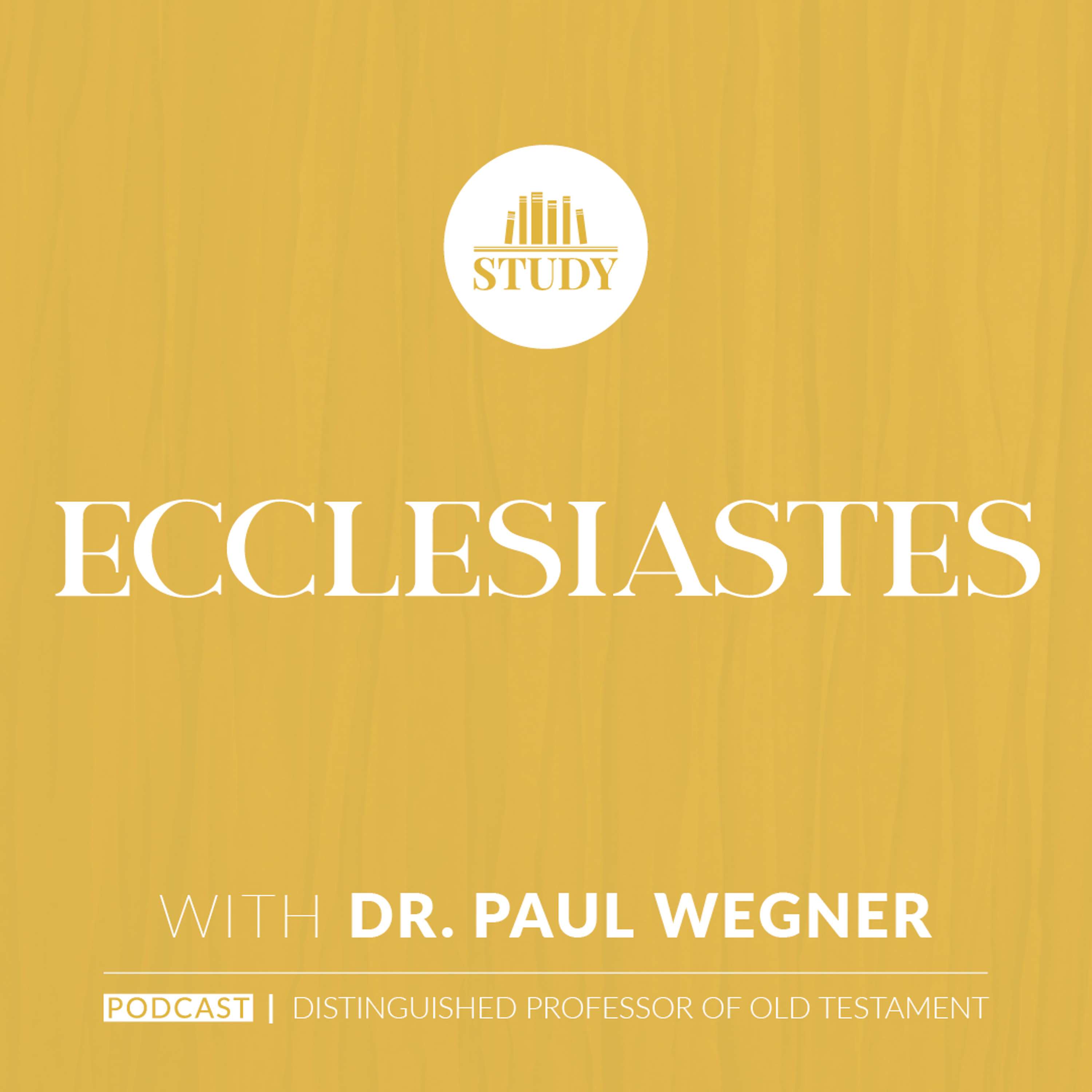Mission discipline is when most aspects of organizational function line up with the organization’s mission. No organization is perfect, so expecting all aspects to align totally with the mission is unrealistic. But the more an organization’s behaviors (actions, policies, budgets, personnel choices, rewards, etc.) align with the mission, the healthier the organization will be.
Leaders can enhance mission discipline by implementing these five suggestions. First, when your personal mission aligns with your organization’s mission, you are the best model for mission discipline. Your daily activities as a leader must reflect the organization’s mission. Your followers can emulate your disciplined focus on the mission. While they might not do your precise job functions, they can follow your example of being driven by the mission.
Second, communicate openly, often, and repeatedly about your organization’s mission and how important it is to remain focused on it. This includes formal venues like blogs, speeches, sermons, social media, and other ways you communicate with your employees and constituents. But it also includes informal venues like hallway chitchat, after-meeting conversations, and coffee klatches. Your followers are always listening! Be sure you communicate a consistent message about what really matters—the mission—at all times and in all contexts.
Third, allocate financial resources to your mission. Every ministry has limited resources and more opportunities to spend money than there is money to spend. That seems to be a ministry leadership law of the universe! Make sure your spending decisions are mission-driven. Money matters; money talks. When you allocate resources for comfort, convenience, or to ease conflict, you undermine mission discipline. When your followers see you making hard choices, but the mission wins out every time, they will more earnestly practice mission discipline.
Fourth, hire people who are already committed to your mission before they come to work with you. One leader, with several hundred employees, has interviewed every full-time hire in their organization for more than 25 years. He has turned down about 10% of the people who make it to the final interview—all because he does not believe they are a missional fit for his organization. That kind of mission discipline is rare and admirable.
Finally, root out whatever is detracting from mission discipline in your organization. This is hard. People matter and terminating someone is always hard—for the employee and often for the organization. Programs, particularly in ministry organizations, can take on a life of their own. Closing them down can be emotionally difficult for all involved. It’s hard to make these decisions, but enhancing mission discipline demands it.
As you begin a new leadership year, renew your commitment to mission-driven leadership. Take the steps necessary to improve mission discipline in your organization.
Read More

“Faith is a tree known by its fruits”: The Gisle Johnson Project
The Gisle Johnson Project is a new research endeavor spearheaded by Robb Torseth

Excerpt — Towards a Clearer Understanding of Jonathan Edwards’s Biblical Typology: A Case Study in the ‘Blank Bible’
Dr. Cameron Schweitzer provides new insights into Jonathan Edwards’s often mischaracterized typology.
Listen
A Lifetime of Ministry
Minister Darren Logan joins Dr. Hopkins this week to speak on the effects of raising 8 children overseas and how it impacted their family. He also talks about the cultural differences in California even within the USA, and the importance of slowing down in your prepar

Wisdom Books | Ecclesiastes
A common misconception about the book of Ecclesiastes is that it is very pessimistic. In actual fact, there is great comfort throughout the book that while life without God is meaningless, there is great satisfaction found when we cling to the Lord, and only to Him.

Watch

Jonathan Edwards and the Asbury Revival
Chris Chun and Chris Woznicki discuss the signs of true revival, signs of the work of the Holy Spirit, and why it is important to critically assess the characteristics of revival in a spirit of charity.

Jonathan Edwards and the Baptists | Douglas Sweeney, Nathan Finn and Chris Chun
Dr. Douglas Sweeney and Dr. Nathan Finn joined Dr. Chris Chun for a panel discussion on Jonathan Edwards, recorded live at the SBC Annual Meeting in Anaheim.




